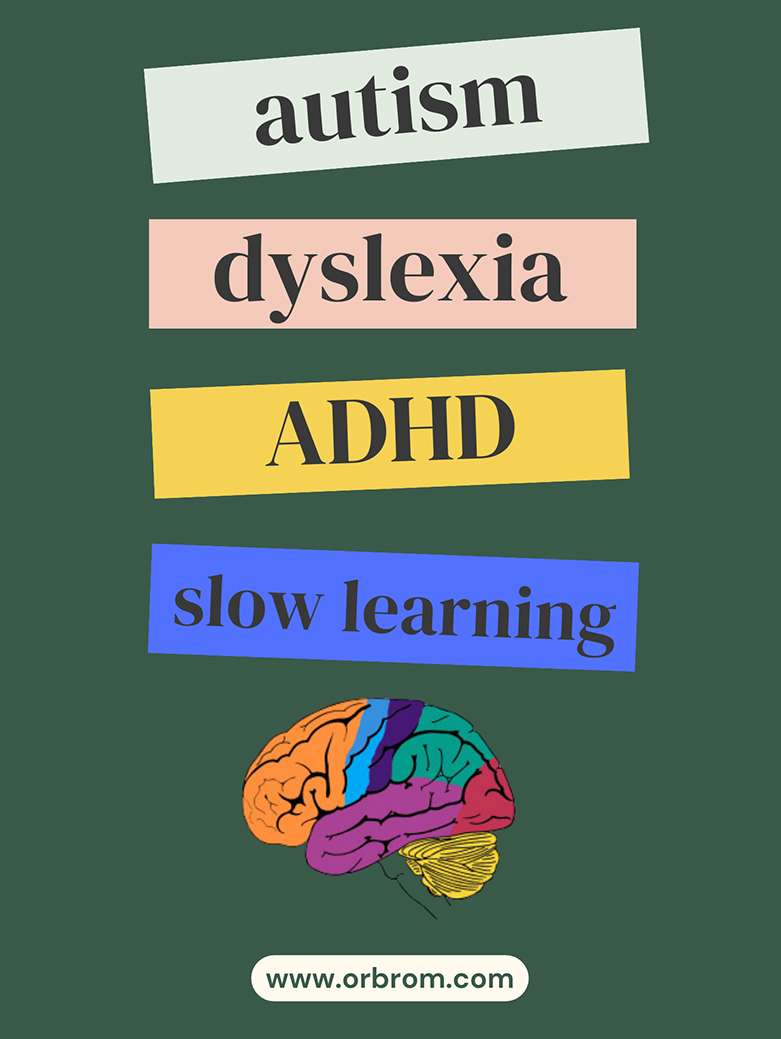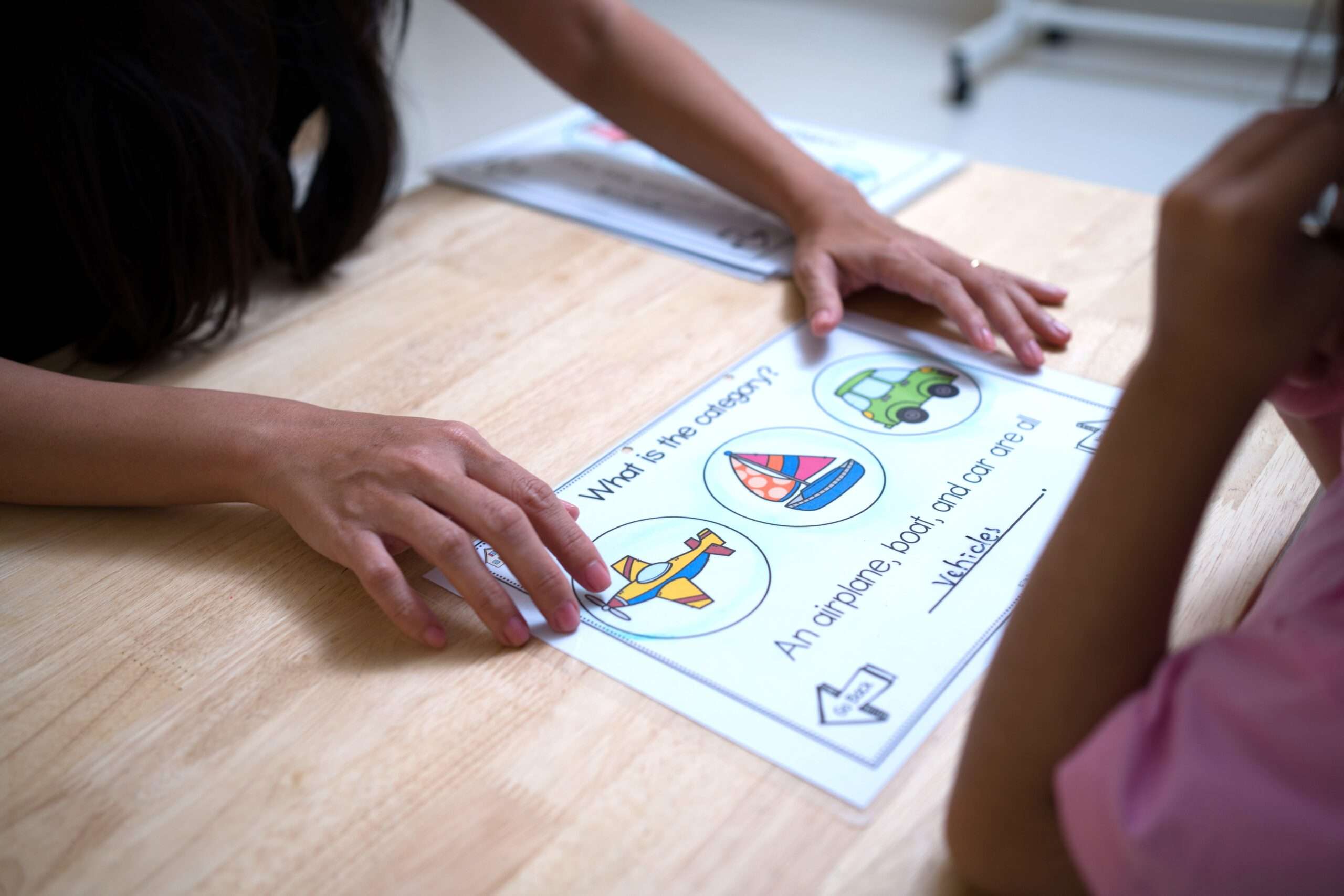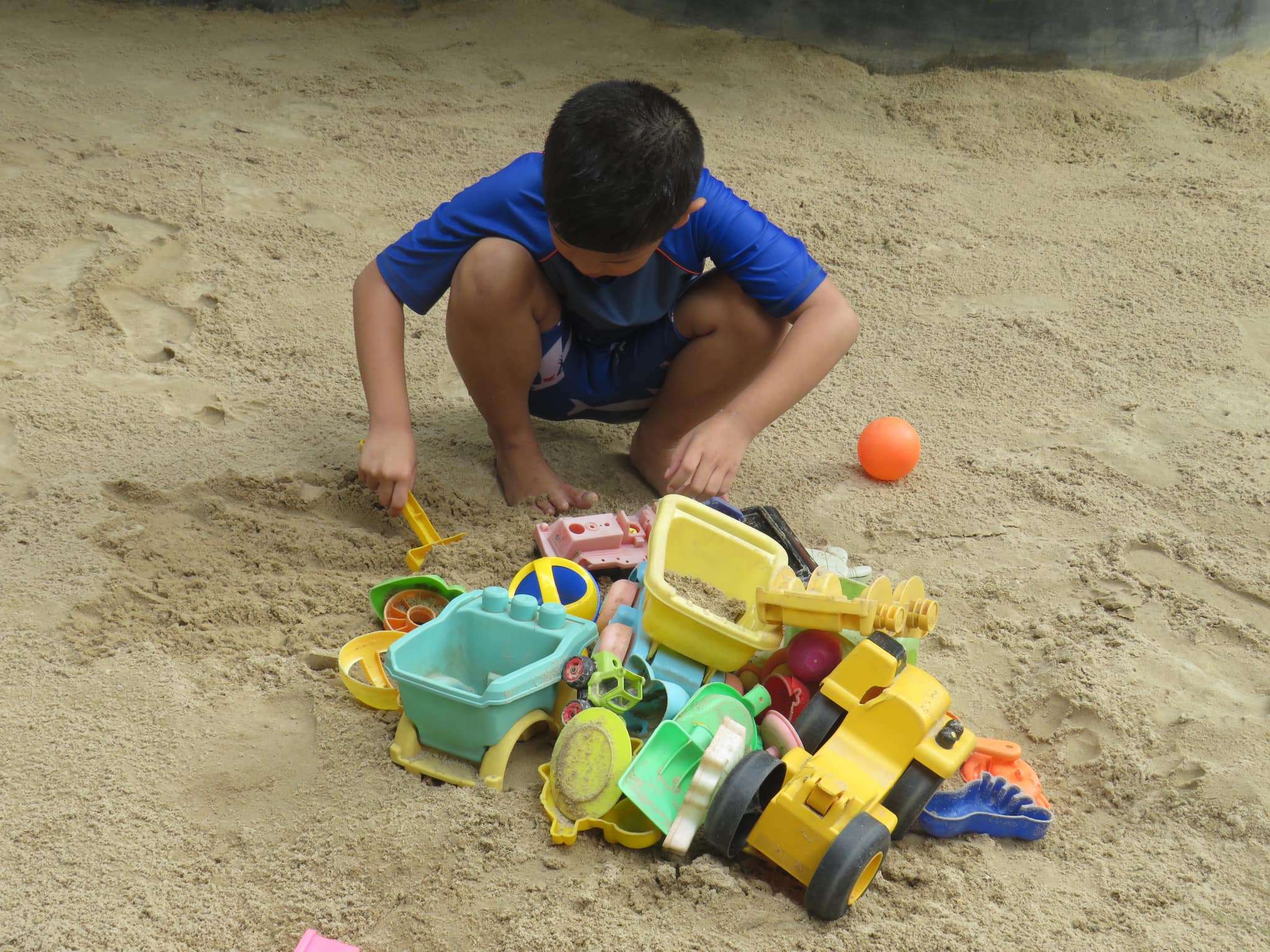Developmental assessments, encompassing physical, cognitive, social, emotional, and communicative aspects, paint a comprehensive picture of a child’s growth. They utilize standardized tools, questionnaires, and observations, administered by qualified professionals like pediatricians, psychologists, or therapists. These assessments can be categorized into:
- Screening: Brief, general evaluations to identify potential developmental concerns.
- Diagnostic: In-depth assessments to pinpoint specific areas of strength and weakness, leading to targeted interventions.
- Progress Monitoring: Tracking a child’s development over time to gauge the effectiveness of support strategies.
Benefits and Applications:
Developmental assessments offer a wealth of benefits:
- Early identification of potential delays or disabilities: Early intervention is crucial for optimizing outcomes in children with developmental challenges.
- Guidance for targeted support: Assessments pinpoint specific areas needing support, allowing for tailored interventions and educational plans.
- Monitoring progress and evaluating interventions: Tracking progress ensures the effectiveness of interventions and allows for adjustments as needed.
- Peace of mind for parents: Understanding a child’s strengths and weaknesses can alleviate parental anxieties and empower informed decision-making.
Approaching Assessments with Confidence:
Navigating developmental assessments can feel overwhelming, but a proactive approach can ease the process:
- Preparation: Familiarize yourself with the assessment type and purpose. Ask questions and clarify any doubts with the professional conducting the assessment.
- Collaboration: Share your observations and concerns with the professional. Provide any relevant medical history or developmental milestones achieved.
- Open communication: Ask questions throughout the assessment and express any concerns you may have.
- **Interpretation and ** Seek clarification on the assessment results and discuss recommended interventions or support strategies.
Remember:
- Developmental assessments are not definitive labels; they provide a snapshot of a child’s progress at a specific point in time.
- Every child develops at their own pace; individual differences and variations are normal.
- The goal is to support a child’s optimal development, not to compare them to rigid benchmarks.
- Developmental assessments are a collaborative effort between parents, professionals, and the child themselves.
By approaching developmental assessments with knowledge and a collaborative spirit, parents and professionals can work together to nurture a child’s unique potential and ensure their healthy and successful development.








Leave A Comment